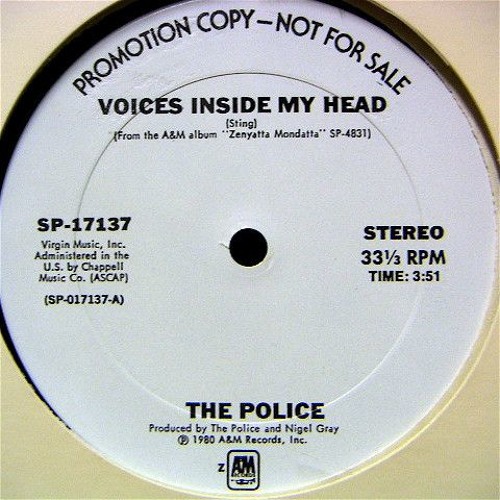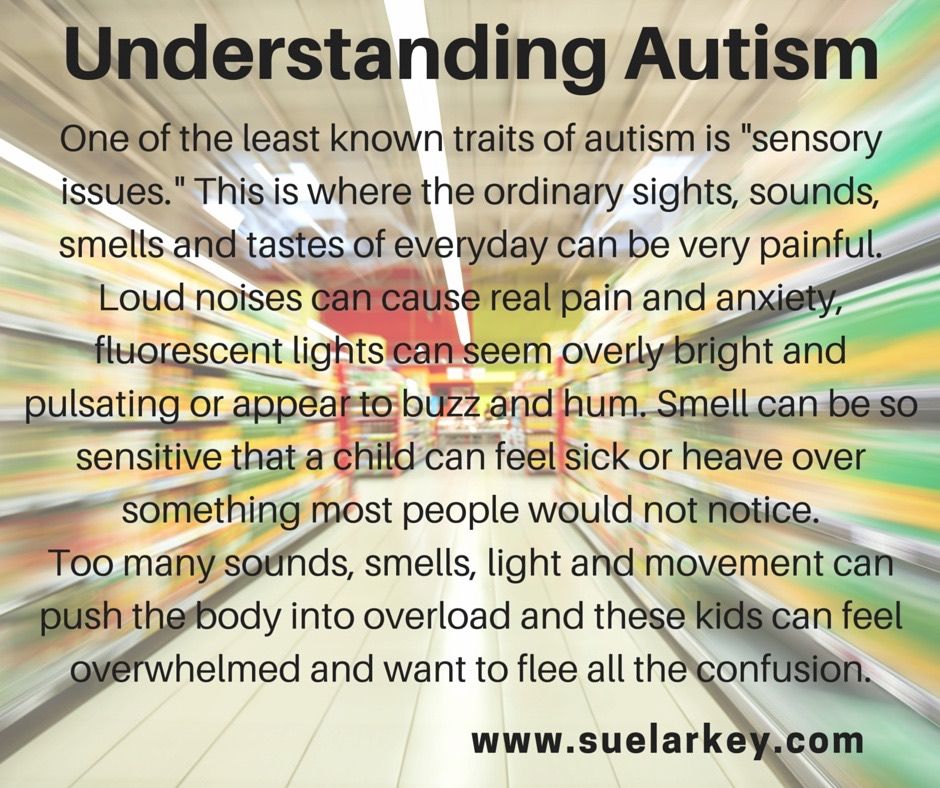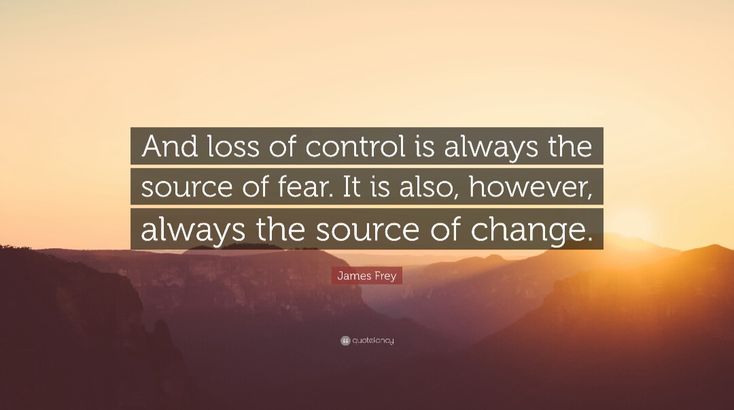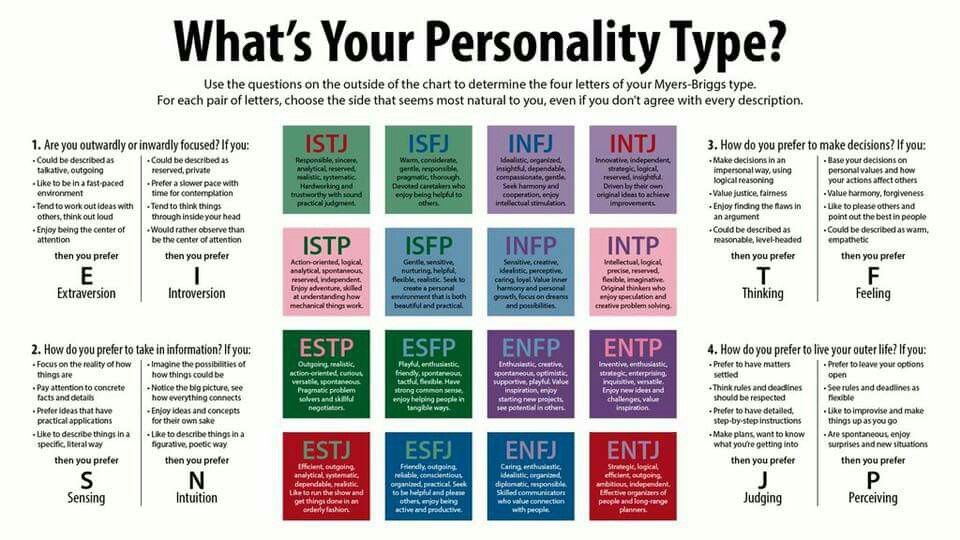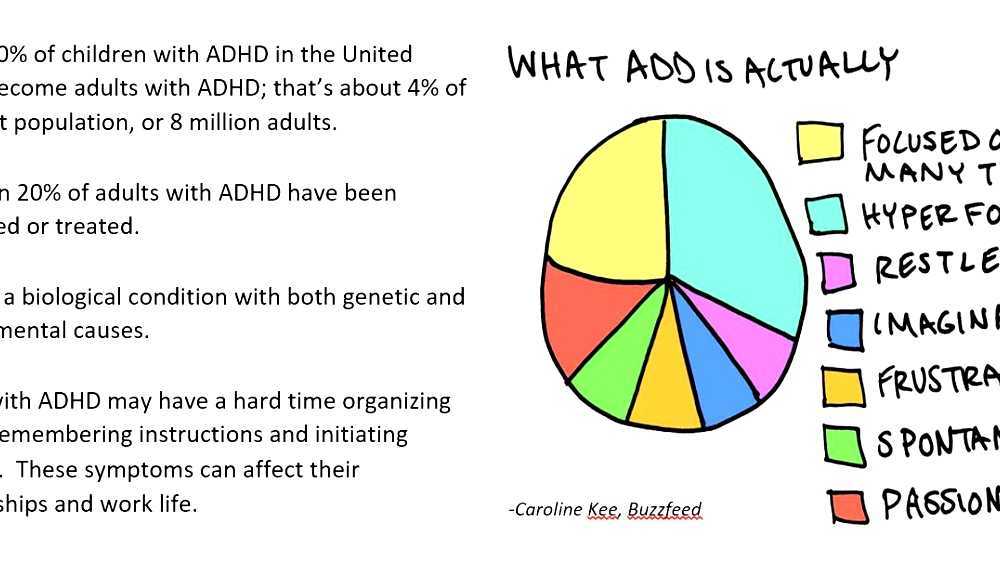The highly sensitive person's survival guide
Top 10 Survival Tips for the Highly Sensitive Person (HSP)
I've written about being a "Highly Sensitive Person" on this blog several times now, and each time I'm amazed by the intensity with which people respond to this topic. There are always a few critics who belittle or question the HSP concept, yet based on the huge number of page reads and overwhelmingly positive (and often grateful) responses, there really does seem to be something to this HSP phenomenon.
I first learned of this relatively common but misunderstood trait—and recognized myself in it —via the work of psychologist Dr. Elaine Aron (for detailed info on her work in this area, as well as an HSP self-test, see here. Aron also writes her own blog for Psychology Today , titled The Highly Sensitive Person.
According to Aron's stats, HSPs make up 15-20 percent of the population yet often don't have a name for what has made them feel or seem "strange" or "overly sensitive" their entire life.
HSPs are easily overwhelmed by stimuli, get stressed by loud noises and strong smells, are extremely perceptive, have rich and often intense internal lives, and need plenty of quiet and downtime to maintain their equilibrium (and sanity, I would personally add).
It was a great relief to me to finally understand what was "wrong" with me. I now even had an explanation for why I find any kind of violence, even the fake Hollywood kind, so abhorrent. It's not easy to go to an epic action movie with friends and to be the only one sobbing after war scenes (despite having covered my eyes the whole time — having only two hands. I'm not able to cover my ears and the battle sounds alone are usually enough to push me over the edge).
Knowing what I am has helped so much, especially when it comes to supporting myself through experiences that otherwise might overload my hypersensitive senses. Here, for you, are my top 10 survival strategies:
1) Get enough sleep.
Lack of sleep (less than 7 hours, for most people) is well known to produce irritability, moodiness, and decreased concentration and productivity in the average person. Given our already ramped-up senses, I'm convinced that lack of sleep can make a highly sensitive life almost unbearable. Getting enough sleep soothes your senses and will help you cope with an already overwhelming world.
Getting enough sleep soothes your senses and will help you cope with an already overwhelming world.
2) Eat healthy foods regularly throughout the day.
Aron points out that extreme hunger can be disruptive to an HSP's mood or concentration. Keep your edgy nerves happy by maintaining a steady blood sugar level through regular healthy well-balanced meals and snacks. I also take fish oil (omega-3) supplements daily as the brain loves these, lots of studies support their beneficial cognitive and emotional effects.
3) Wear noise-reducing headphones.
A boyfriend introduced Peltor ear-protecting headphones (usually used by construction workers, not pre-med students) to me when I was 19 and studying for exams. No matter where I am in the world I have had a pair with me ever since. HSPs are highly sensitive to noise, especially the kind we can't control, and my beloved headphones give me control over my personal peace in what's all too often a noisy intrusive world.
4) Plan for decompression time.
HSPs don't do well with an overly packed schedule or too much time in noisy, crowded, or high-pressure environments. If you know you're going to spend a few hours in a challenging environment—such as a concert, a parade, or a crowded mall at Christmastime—know that you're likely to be frazzled after and will need to decompress somewhere quiet and relaxing, on your own if possible.
5) Have at least one quiet room or space to retreat to in your home.
If you live with others, create a quiet safe place you can retreat to when you need to get away from people and noise. This could be a bedroom, a study, or even just a candlelit bath (or shower if that's all you have!). I've found it often helps to listen to quiet relaxing music as well, this can even drown out more jarring external noise when you need it to.
6) Give yourself time and space to get things done.
I mentioned above that HSPs don't do well with a packed schedule.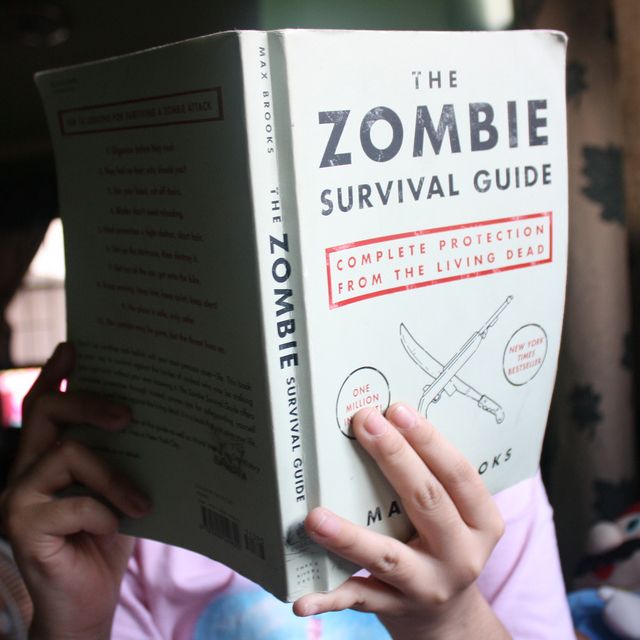 I've managed to structure my work life so that I work afternoon/evening shifts the days I'm at the medical clinic. This way I'm able to get out of bed without an alarm, eat a calm unrushed breakfast, and putter around before getting down to business. The calm this gives me carries through my whole day. Another strategy for those who work in the morning might be getting up extra early (after eight hours of sleep, of course) to enjoy the quiet before the rest of the household wakes up.
I've managed to structure my work life so that I work afternoon/evening shifts the days I'm at the medical clinic. This way I'm able to get out of bed without an alarm, eat a calm unrushed breakfast, and putter around before getting down to business. The calm this gives me carries through my whole day. Another strategy for those who work in the morning might be getting up extra early (after eight hours of sleep, of course) to enjoy the quiet before the rest of the household wakes up.
7) Limit caffeine.
HSPs are sensitive to caffeine; I usually can't even handle the traces of caffeine found in decaf coffee. If you're a coffee drinker (or dark chocolate junkie) and identify with the HSP trait description, giving up the joe might be a big step towards feeling more collected and calm.
8) Keep the lights down low.
I've never liked bright lights and learning about HSP helped me understand why. Minimizing light stimulation goes a long way: I only put on low lights in the evening, and prefer to shop in certain local grocery stores which have gentle mood lighting, avoiding the garishly lit, crowded "big box" stores whenever I can.
9) Get things done in off hours.
To avoid crowds and the associated noise and stimulation, I've learned to live my life outside of the average person's schedule. I grocery shop late in the evenings, run errands during the week whenever I can, go to movies on weeknights, and go out for my walks before the rest of the world hits the jogging path. An added bonus: by avoiding the crowds I usually get things done faster , and almost always get a parking spot!
10) Surround yourself with beauty and nature.
Since we HSPs are so sensitive and deeply affected by our surroundings, envelop yourself with beauty and calm whenever possible. I've decorated my home simply in a way that's very pleasing to my eye, with minimal clutter and chaos. I also spend as much time as I can walking in nature, enjoying the quiet and its naturally healing and calming beauty.
Survival guide for highly sensitive people. Actual working tips.
- by Karolina Fotyga
- last updated: June 10, 2020
- 8 minute read
If you’ve already read this article on HSPs and you know you might be a Highly Sensitive Person, you might want to read further.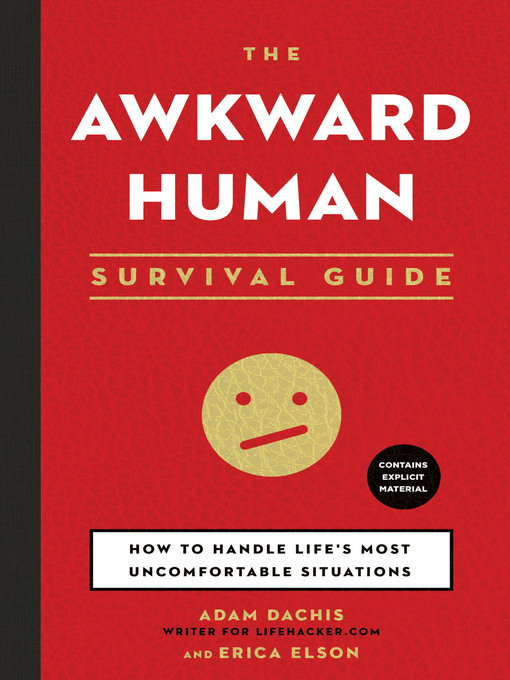 You’ll learn all the best ways to take care of yourself and to facilitate your life, so that you can feel a lot better in your skin. (I wanted to write a 2in1 – a guide for both – parents of the HSP children and adults. As it turns out, though, it would be way too long to read, so I divided it into two parts. The one about helping your sensitive kids follow. Today I’ll focus on the Highly Sensitive Adults.)
You’ll learn all the best ways to take care of yourself and to facilitate your life, so that you can feel a lot better in your skin. (I wanted to write a 2in1 – a guide for both – parents of the HSP children and adults. As it turns out, though, it would be way too long to read, so I divided it into two parts. The one about helping your sensitive kids follow. Today I’ll focus on the Highly Sensitive Adults.)
Let’s start with the big one:
GET ENOUGH SLEEP
It’s not rocket science, but it’s science. What the essence of an HSP is, is being in constant sensory overload. Your nervous system is working on a 7th gear anyway, so you NEED that sleep to wind down. When you’re tired, you’re more irritable, your concentration, productivity, and good mood decrease immensely. You have noticed that, haven’t you? And I’m not even talking about sleep deprivation. What I’m addressing here is merely a situation when you’ve had one or two too few hours of sleep.
Because you’re an HSP – your senses are already pretty heightened, and adding the lack of sleep is another level of difficulty.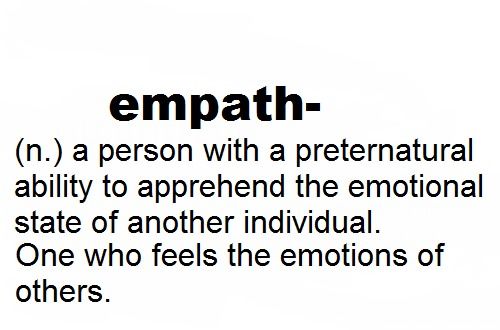
Have you heard the word “HANGRY”? I’m pretty sure if you’re a true HSP, you know what I mean. It’s the state when your hunger pretty quickly turns into bursts of anger. Or at least certain irritability.
What can help you with that is planning your meals. Or at least the times when you eat. Try and be mindful about it. Maybe you don’t need breakfast, but if you miss the time for the first meal – it’s pretty much down the hill from there. Dizziness, headache, irritation. HANGRY.
As you know there isn’t a precise pattern all the HSP have. People may have different triggers – stay curious and mindful about yours. Then you can try and make yourself comfortable:
– if you react to the bright artificial light – change the lights at home, you may try and do it in your office too if you work alone or others don’t mind. You can also wear glasses that block the blue light.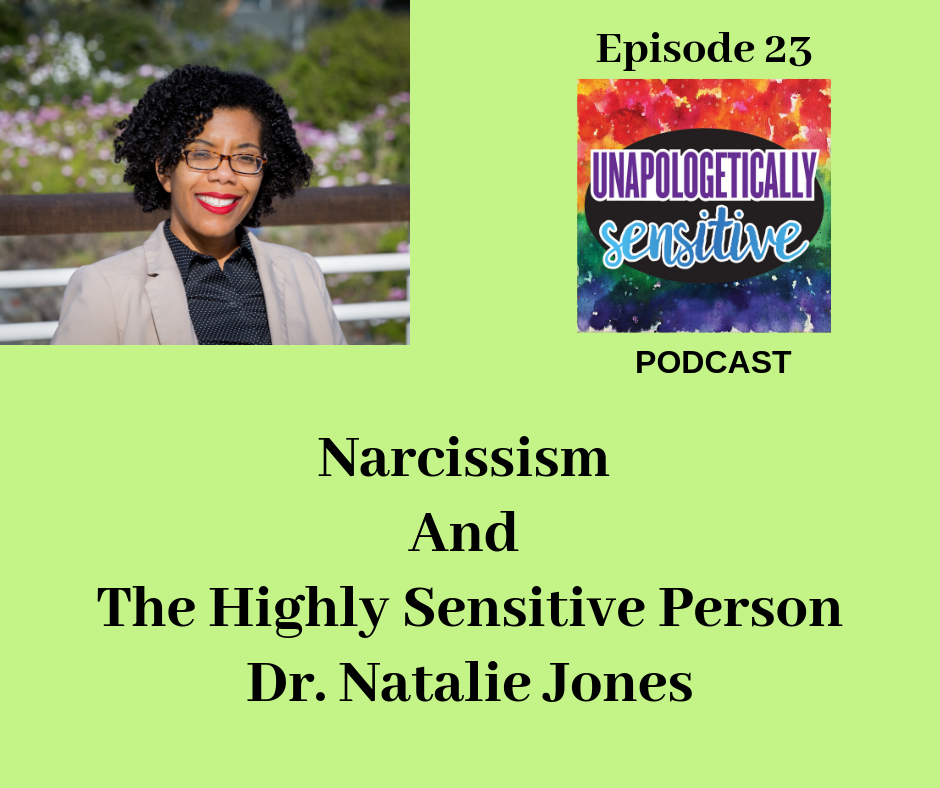 If you’re a freelancer – maybe you can plan your day around morning hours? Maybe you don’t have to spend the majority of your workday with artificial lighting?
If you’re a freelancer – maybe you can plan your day around morning hours? Maybe you don’t have to spend the majority of your workday with artificial lighting?
– if you react to the sudden noises, traffic sounds, construction works at your neighbors – earplugs or headphones with some white noise or music will be your friend.
– if you know that a place or a situation is a trigger, and you cannot change it or decrease your reactions, you may try to arrange it so that it’s not that disturbing. If you can’t stand shopping centers/malls – don’t try to visit them on a Saturday afternoon. Tuesday morning is your option, you know? Or do your shopping online. It works like that everywhere – notice and facilitate your needs. Say, for example, you happen to get triggered on the beach. In July. With all the partying people, disco theme and the constant white noise – but you still love the beach;) Scan the surroundings. Choose a place far away from the families with small children;) or a grill, or that group of teens with a huge boombox.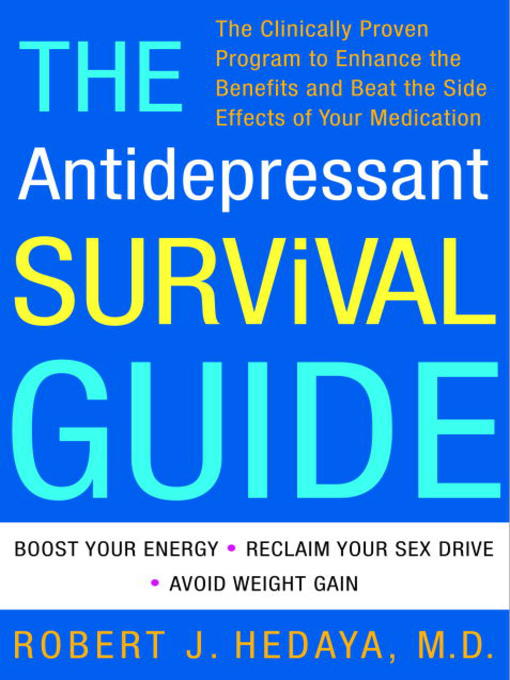 What you can’t change you gotta accept and/or work around it.
What you can’t change you gotta accept and/or work around it.
It can be as much as your own office or as little as a 15-minute walk in the park. You’ll need a place you can be on your own for some time to simply wind down.
One thing not many people think about, but I find it surprisingly effective is clothing. Be mindful about what you wear. No matter if you’re used to shopping in the chain stores, or if you visit high-end boutiques. Try and focus on the quality of the materials. The way they feel on your skin if you can breathe underneath. If they irritate your skin – it’s a red light.
BE MINDFUL OF YOUR CAPABILITIES.If you know that (at work) – after those three intense meetings in a row, you’re going to be in existential pain – try and adjust your schedule in advance. It may sound simple and obvious, but you’d be surprised how few people think about their schedules this way.
If you know there’s a dinner party in your near future that you want (*really should*) go to – do plan ahead. Don’t pack the day of the party with lots of interactions with other people. You’re going to be in agony by the time you’re supposed to leave for the party, and you’ll be more inclined to cancel. And you’ve already been there, haven’t you?
Speaking about the schedules. Something to pay attention to is the TIME that you need to get things done. You will be better off when you’re pretty good at time management. When you know that mornings are your preferred time of day – you can work on smoothing out the evenings. Just to be able to wake up early – before everyone else at home – and have a good day’s work.
You may be an owl, and prefer to work in the night. It’s disputable whether it’s actually healthy, but for the sake of this article, let’s focus on the fact you might prefer it for the time being. You may like the quiet of the house when everyone else is asleep.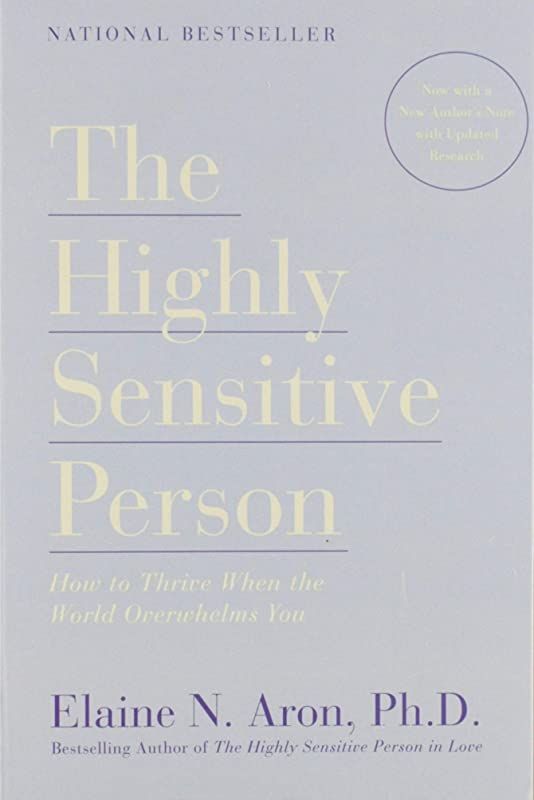 Just try and don’t work till 3 am because you’ll completely mess up your biological rhythm.
Just try and don’t work till 3 am because you’ll completely mess up your biological rhythm.
ROUTINES.
When you’ve worked out the best time of day for you, you may want to think about some routines. There are ways in which you can make those crucial times of day more peaceful. There’s a certain beauty and a sense of security in those activities we mindfully repeat time and time again. Your herbal tea, or specific beauty regimes, a book, maybe meditation. You know best what makes the experience of the morning or end of the day more pleasant for you.
Notice how I repeat mindfulness time and time again? That’s because:
You first need to know yourself enough to notice all those little things. How you act, what triggers you, what you like, what calms you down. Mindfulness, in its essence, is about ‘being here and now’. It’s about focusing on the present moment. When you pay attention – you learn. About yourself and the world around you.
So pay attention – learn what calms you down. If it’s breathing – nothing’s easier – make time for those deep breaths throughout your day. Maybe it’s some physical activity, or going to empty museums or a certain white noise. Do your soul searching and find out what it is. Then bring MORE of it into your life.
Surround yourself with music that soothes you, hang that one painting that is a sight for sore eyes on the wall. It’s all about taking good care of your mental wellbeing. Everyone needs that, but being an HSP makes you more vulnerable. All those little things you can do for yourself every day will bring a lot of benefits.
Many HSPs are minimalists – or better yet – essentialists. Working towards having only things that are beautiful and useful around them. Decluttering all the unnecessary noise makes a Highly Sensitive Person’s life much more peaceful.
Even though being a Highly Sensitive Person is not an illness, it might be worth paying attention to the degree it influences your life.
There are two instances where I’d recommend consulting with a therapist:
One will be if the symptoms you experience are interfering with your life.
Surely enough, not all of us need to watch horror stories or go to loud techno parties. But if your misophonia or regular everyday situations trigger you into bursts of uncontrollable anger or make it very difficult to go about your day or be with others – you might need a couple of sessions to work on some skills that you’ll need to flatten the severity of your experiences.
The second one will be if you pay a lot of attention to your reactions. Those you don’t quite understand where they came from and those that make you anxious. Some people think there’s something wrong with them, that they are different or difficult. That they are the only ones with high sensitivity – simply because they haven’t met anyone else like them. It’s not like people share these experiences very easily.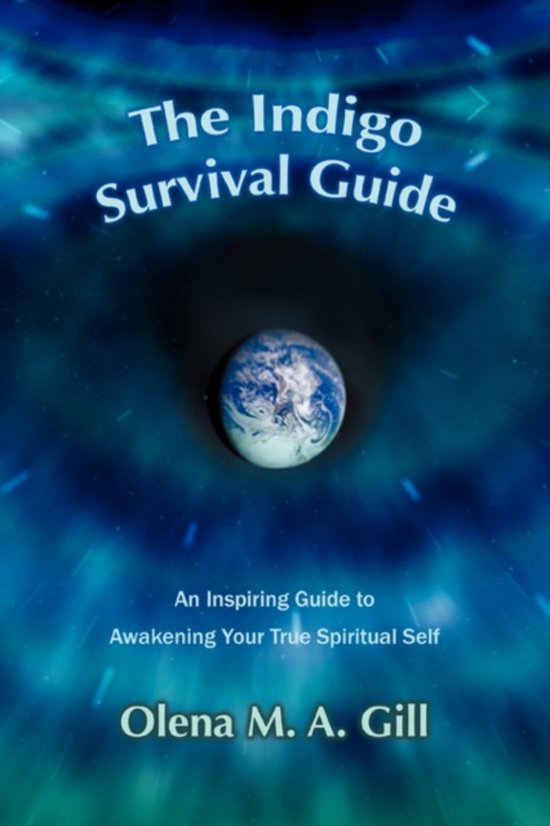 It could be beneficial to work on those self-defeating thoughts and learn about how you could make your life more pleasant.
It could be beneficial to work on those self-defeating thoughts and learn about how you could make your life more pleasant.
It seems crucial to be able to find a healthy balance in life. One between trying to remove all the obstacles and overstimulation from your days and actively pushing yourself just a little bit to deal with what you can to react less eventually. Again – mindfulness is the key. It will help you pay attention to your body, your needs, and capabilities, and then engage in certain activities that may soothe your system.
Are you an HSP? Would you add anything that works out for you? Let me know in the comments:)
suggested read
What to do if you are too sensitive. And this is noticeable
Heightened emotionality is no longer a sign of weakness - it is a feature of the psyche. The existence of highly sensitive people has been scientifically proven. In a world where more and more people cannot cope with stress, American psychologists are closely studying those who are especially prone to worry about any reason.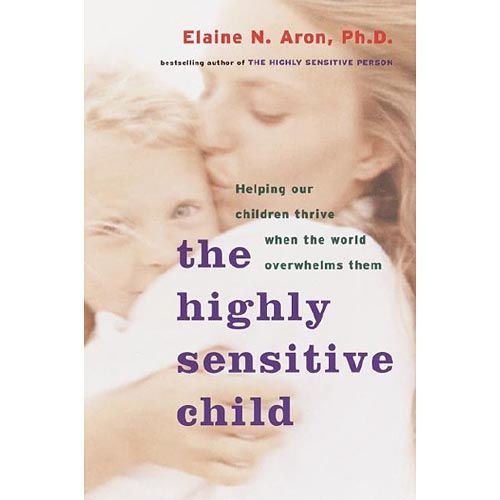 "Lifestyle" offers to join them.
"Lifestyle" offers to join them.
If you can't stand bright lights and turmoil around you, you can't watch horror movies, and after watching the news about an earthquake or a military conflict, you begin to cry out of pity for the victims, you are a highly sensitive person. According to the author of the term Elaine N. Aron, there are about 20% of people like you in the world. This means that it's time to stop hiding your feelings and no longer be ashamed of crying in the movies.
In today's Western world, it's a shame to be a weakling — and that's why we have to hide our feelings, constantly keep in good shape, pretend that we can live without lunch and sleep and work 12 hours a day, otherwise our colleagues will look askance at us , and the authorities - to make jokes about us.
In our country, it is not customary to be capricious, and that is why we are forced to agree to the conditions that we have, to work in a basement or open space, under the wind of an air conditioner, under the harsh light of fluorescent lamps and under the cries of colleagues from neighboring departments.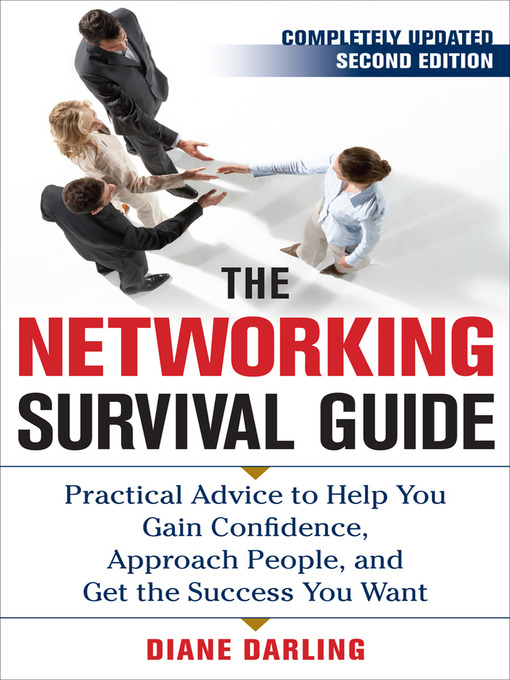
close
100%
Are we suffering from all this? Yes, we suffer. In general, we suffer from a lot of things: we can’t stand the feeling of hunger, we can’t watch films about the war, we don’t wear woolen clothes because they prick, we tear off the tags from T-shirts because they get in the way. We cannot work when it is cold, hungry or noisy, we react sharply to criticism and take any comments personally, we catch changes in the mood of others. It remains to say who we are.
We are highly sensitive people. Do not rush to laugh and call us sissies - and not only because it is very offensive to us.
You may also be one fifth of the world's population, which is characterized by a particularly sensitive processing of sensory information. Then you are one of us.
Perhaps you, too, were forbidden to watch the news program as a child, because they show war and starving children in Africa? Maybe you were dying of shame when a geographer slapped you a deuce once in your life? Maybe they hated running and, in general, any form of competition, when everyone is looking at you, and you run no more than a three? Maybe at school it was a real torment for you to raise your hand in class, even if you knew exactly the right answer? Maybe. Or maybe you have other examples from your childhood that will help you to say that you were a highly sensitive child and probably grew up to be a highly sensitive adult as well.
Or maybe you have other examples from your childhood that will help you to say that you were a highly sensitive child and probably grew up to be a highly sensitive adult as well.
The term "highly sensitive person" was first used in its current sense by Dr. Elaine Aron, a scientist and author of The Highly Sensitive Person, published in the United States in 1997. The hypothesis that high sensitivity to external stimuli is a feature inherent in about 20% of the inhabitants of the Earth was put forward by a psychologist twenty years ago.
However, the real interest in this idea has awakened among the public only now, when it became clear that more and more people can not cope with stress.
And I woke up just in time: for twenty years, Dr. Aron and her colleagues have done a lot of research that helped to understand what processes occur in the brain of a highly sensitive person, and to conclude that this feature is innate: certain parts of the brain of such a person react to external stimuli sharper than other, less sensitive people.
And not only negative ones, but also positive ones too. Yes, highly sensitive people feel acute discomfort in awkward situations. But brighter experience the pleasure of contemplating objects of art and views of nature, listening to music, communicating with pleasant people.
How to know that you are a highly sensitive person
close
100%
1. You have deep feelings
One of the main characteristics of highly sensitive people is the ability to deeply feel what is happening around. They have developed intuition, which allows them to be more perceptive than their less sensitive comrades.
2. You react more emotionally than others
Highly sensitive people experience more intense emotions and are often infected by the emotions of others. These are not necessarily close people, they can easily pick up a bad mood from a friend or take care of a colleague's problems. This makes them hate delivering bad news or making unpopular decisions – they worry about how others will react to it.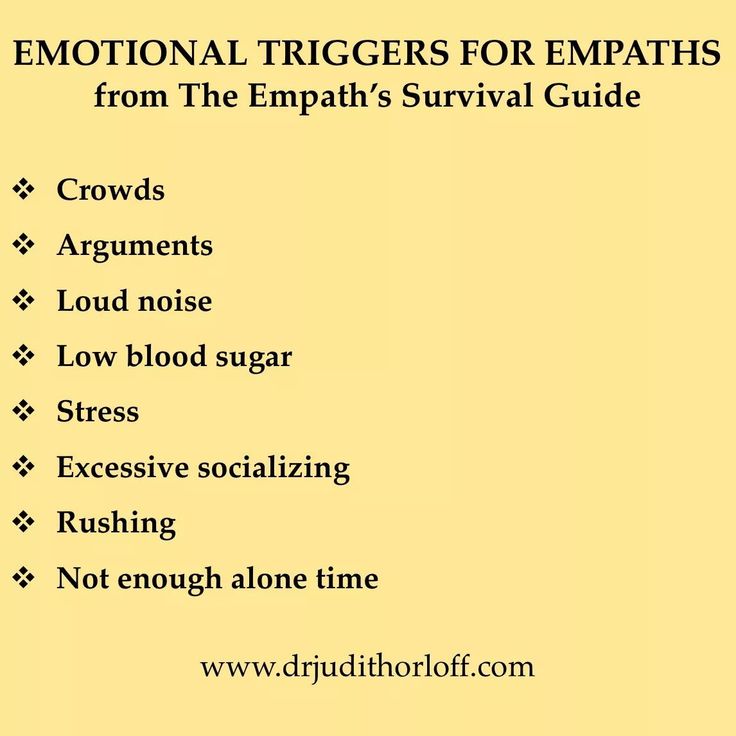
3. You are often told: “Don't take it personally.”
Sensitive people are treated differently in different cultures: if in the West emotionality is a manifestation of weakness, then in the East everything is not so simple.
Dr. Ted Zeff, author of The Highly Sensitive Person's Survival Guide, states from his research that in India and Thailand sensitive men are very rarely teased, while in North In America, men with a fine mental organization are often the objects of ridicule.
4. You prefer to exercise alone
Highly sensitive people hate team sports, according to Dr. Zeff. And our experience confirms this: such people like cycling, swimming or walking, but playing football or basketball causes them to panic.
However, there are exceptions: if such a person is lucky with smart and understanding parents, he may not be afraid to show himself in a team.
5. You find it difficult to make elementary decisions
Highly sensitive people are attentive to the details of the situation and the subtleties of circumstances.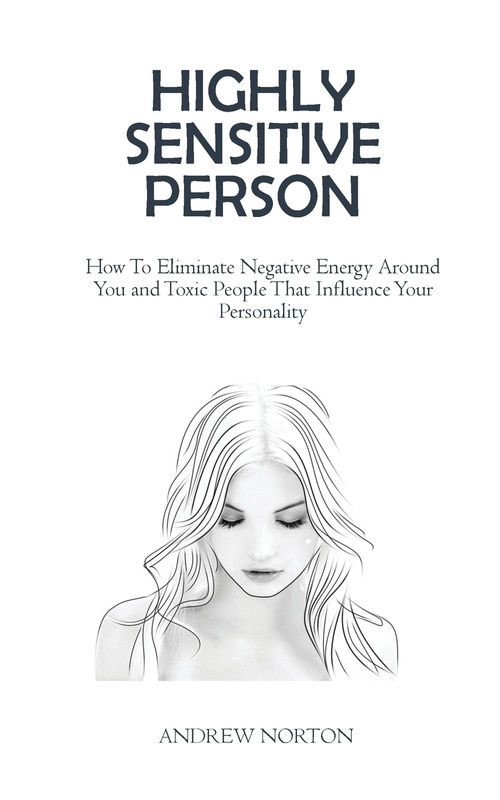 From this, they try to take everything into account and fall into a stupor, because there is too much of this.
From this, they try to take everything into account and fall into a stupor, because there is too much of this.
Even the task of choosing an ice cream can confuse them. However, there is good news: having once understood how to behave in a certain situation, in similar conditions in the future, such a person, without getting lost, will immediately do the right thing.
6. You get upset when you make a mistake
Mistakes upset everyone, but highly sensitive people - especially: because of annoying little things and oversights that others have forgotten to even think about, they can suffer for weeks, imagining that they still remember the mistake.
7. You are an introvert
But there are exceptions: according to Dr. Aron, 30% of highly sensitive individuals are extroverts. This happens when a person grows up in a closed environment where everything is in plain sight, in a village, a small town, a religious community or a family of a public person.
8. You know how to work in a team
Paradoxically, but true: the depth of experience makes highly sensitive people excellent workers. Only they should not take positions in which they must make final decisions: for example, if it is a doctor, he should have the opportunity to consult with colleagues before prescribing treatment.
9. You are prone to anxiety and depression
This only happens if you have experienced a lot of adversity in the past - but who among us is lucky to do without them at all? Shy people are often teased in childhood: if a highly sensitive person was not given proper support in childhood, he grows up with the feeling that the world is hostile, and only doctors and antidepressants can help here.
It is worth taking a closer look at your child: high sensitivity is often inherited.
10. You can't stand sharp sounds
Someone can't stand it when Styrofoam squeaks on glass. Someone - the sound of a perforator or drill.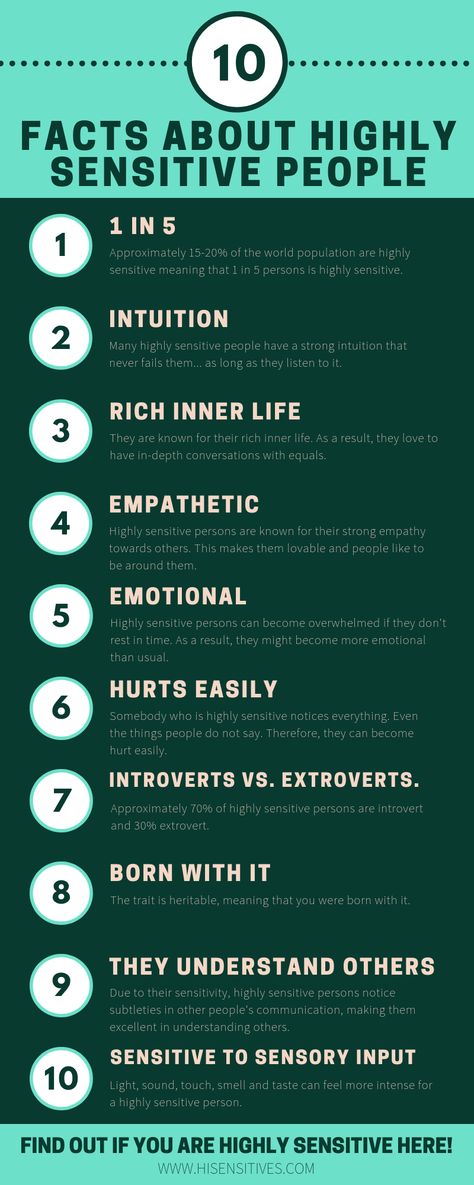 It annoys someone when others eat loudly: champing and smacking is really impossible to endure, why do people even allow themselves to eat with their mouths open ?!
It annoys someone when others eat loudly: champing and smacking is really impossible to endure, why do people even allow themselves to eat with their mouths open ?!
11. You can't see the violence on the screen
A highly sensitive person cannot watch horror films about dismemberment, disaster films about drowning dogs, and arthouse about rape. Lars von Trier, Gaspar Noe and Michael Haneke are cinematic enemies.
Salo by Pier Paolo Pasolini? Look in your VGIK, and it’s enough for us to read the plot.
But you can watch Game of Thrones by closing your eyes in certain places, because the costumes are beautiful.
12. You can cry from scratch
When such a person is offended to tears for some reason, he is really capable of bursting into tears. And, by the way, it costs him a lot of effort not to do this. A sad film (without violence), a touching commercial for a charity campaign, a story about a penguin who annually comes to the Brazilian (or Chilean?) who saved him - in general, anything can cause a surge of feelings.
13. You are very polite
Good manners are a hallmark of highly sensitive people: it is important for them not to hurt the feelings of others. They try not to inconvenience others: they regularly give up their seats on public transport, carefully place their carts in the supermarket, let people go ahead, and endlessly apologize and thank you. So sometimes it's even annoying.
14. You are sensitive to criticism
Highly sensitive people literally cannot stand criticism, taking it to heart. When criticized by their team, they take everything personally.
Because of this, they often use ridiculous defense mechanisms: they try to please everyone in advance, they criticize themselves, they avoid everything that can be a source of criticism.
Dr. Aron claims that self-defense such people use the following methods, which may seem strange to most: minimizing contact, blaming, trying to achieve too high a result, resentment, projecting, refusal to compete.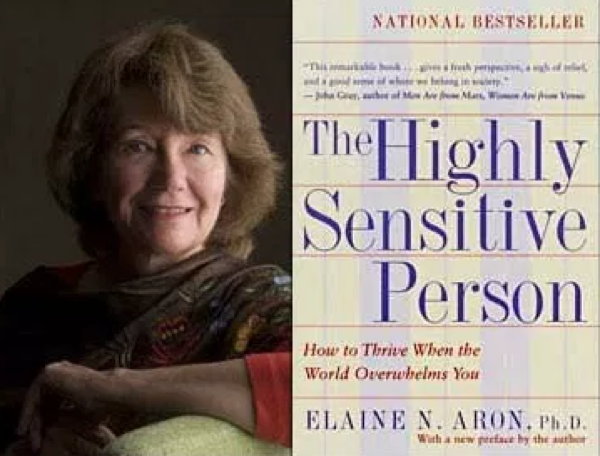
15. You can’t work in an open office
Open space is a nightmare for any office employee: noise, bright light that not everyone can stand, constant flickering, talking on the phone, disputes and extraneous smells - all this makes you a highly sensitive person's head is spinning, but it does not work out in any way. He is generally incapable of working under pressure: maybe someone needs a good kick to start working, but not for him.
close
100%
10 Rules for a Highly Sensitive Person
1. Remember that you are not alone and that what happens to you is normal.
2. Avoid people you don't like.
3. Avoid situations that tire you.
4. Don't overload your schedule or you may fall off at the most inopportune moment.
5. Set healthy boundaries with people who use your capacity for empathy.
6. Keep a diary to help you clear your head and learn how to make decisions.
7. Enjoy good music, art, and people who support you.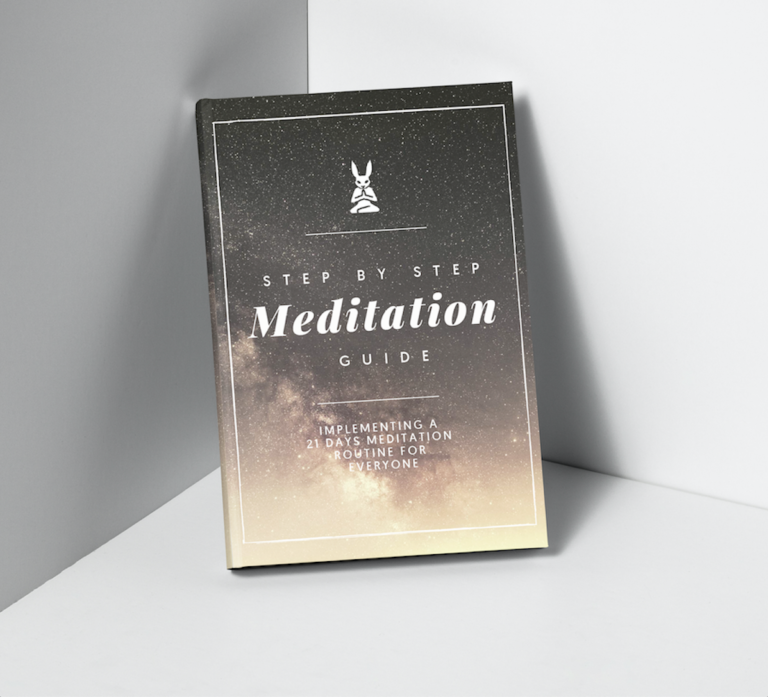
8. Find time every day to relax: take a bath, meditate, go for a massage, sit quietly with a book. Alcohol in this sense is a bad option for relaxation: you get tired every day, but you can’t drink every day.
9. Find opportunities to be alone.
10. Take care of yourself: you need to take care of yourself in the same way as you take care of your loved ones.
how to survive for people who feel everything
It is common to think that excessive emotional reactions are something to be dealt with, as they destroy relationships, provoke conflicts and become the cause of many other rash acts. However, the author of the book “I've had enough! How to live with emotional sensitivity ”Imi Lo thinks completely differently and says that people who live in the world of feelings and perceive everything around them through them can actually see and feel what others cannot see. To do this, you need to accept your high sensitivity and realize that this is not a weakness, but, on the contrary, a strength.
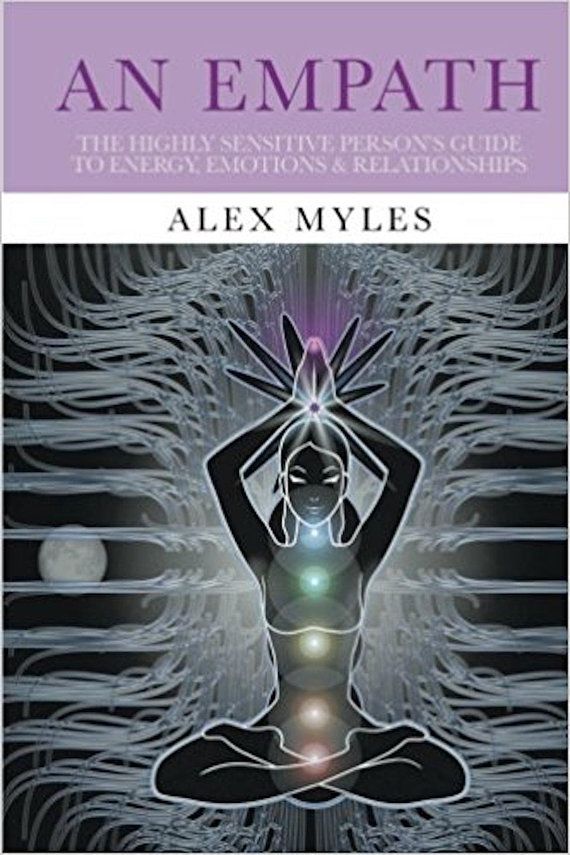 We tell you who emotionally sensitive people are and what advantages they have.
We tell you who emotionally sensitive people are and what advantages they have.
Imi Lo
Mann, Ivanov and Ferber, 2020
Who are emotionally sensitive people
An emotionally sensitive person in the most general sense is a person who has a greater range of emotions than anyone else, and perceives the world and the events taking place in it sharp, bright and sensual. There are five signs of emotional sensitivity:
-
Depth, intensity and complexity of emotions.
-
Increased empathy and sensitivity
-
High level of susceptibility.
-
Rich inner world filled with feelings and vivid imagination.
-
Creativity and existential anxiety.
These signs can determine whether you belong to the category of emotionally sensitive people.
Depth, intensity and complexity of emotions
If you are a person with high emotional sensitivity, it is as if you exist in the world of emotions and do not think of yourself beyond it.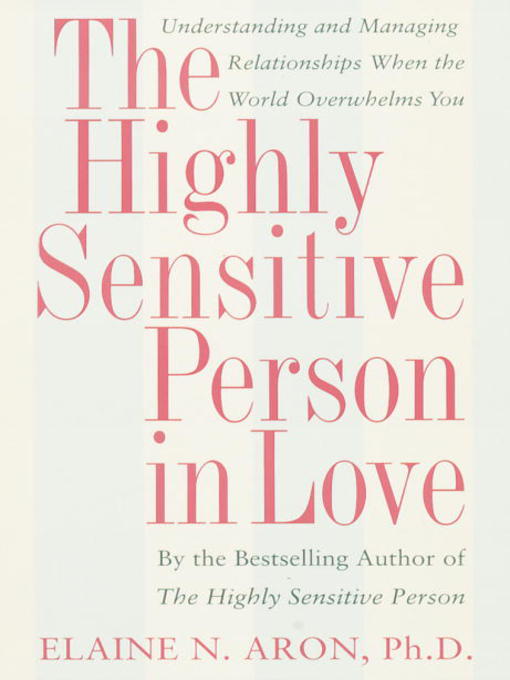 You perceive any events acutely, and you feel truly alive only when you feel something. At the same time, emotions can be not only bright, but also changeable: here you are at the peak of euphoria, and the next second you experience deep sadness.
You perceive any events acutely, and you feel truly alive only when you feel something. At the same time, emotions can be not only bright, but also changeable: here you are at the peak of euphoria, and the next second you experience deep sadness.
You may be passionate about anything and can love strongly, grandiosely and without reserve, so you strive to create strong bonds with people, things and places, which makes it difficult to say goodbye to them, even if it is necessary.
Increased empathy and sensitivity
Probably from an early age you were interested in the lives of others, you were worried even about people who had nothing to do with you. You may also feel a stronger connection with animals and nature, the other person's inner world and their physical sensations. Surely it will not be difficult for you to understand what your interlocutor feels and why he feels this way - and you feel it so clearly that sometimes other people's experiences are perceived as your own.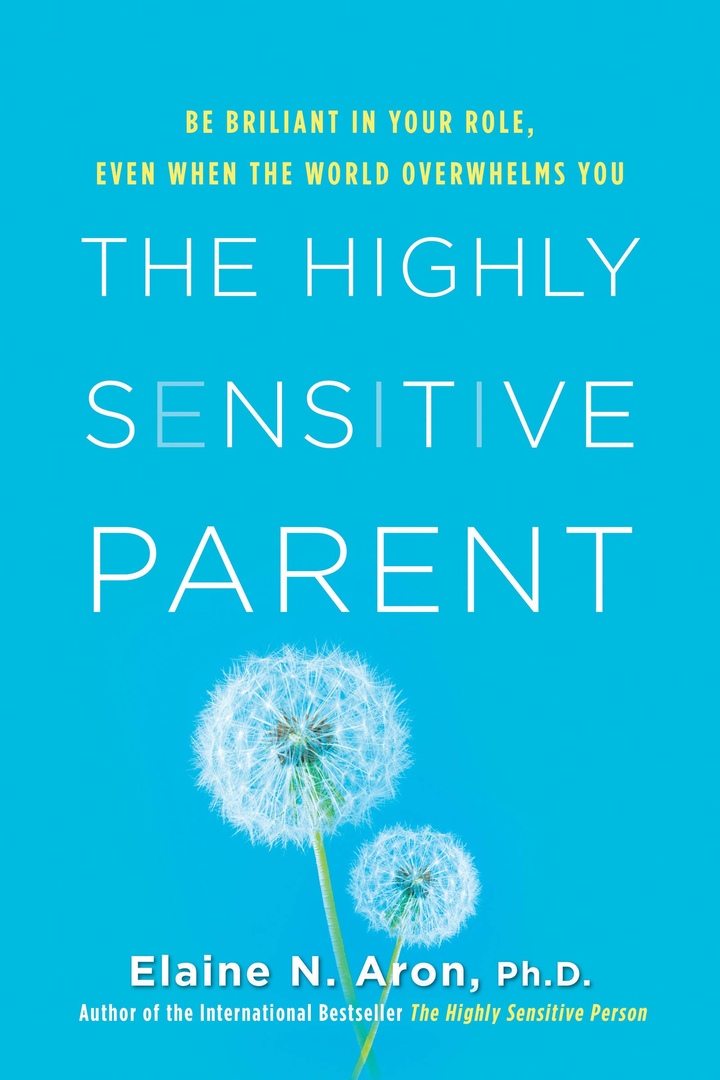
You tend to be empathic with people, and in close relationships you can romanticize and idealize your friend or partner, forgiving him many shortcomings simply because you deeply feel his inner world. Moreover, some highly sensitive people have a low pain threshold, suffer from misophonia (intolerance to certain sounds), hyperacusis (sensitivity to certain frequencies and strengths of sound), and allergies.
High susceptibility
You do not tend to be satisfied with superficial knowledge, because thanks to empathy and sensuality, you can penetrate the very essence of things, see relationships and important details that many miss. Sometimes you can predict the occurrence of a certain event in advance, understand the state of a person long before he explains it himself, and also recognize true intentions.
True, the ability to foresee something does not always play into your hands, since some images and possible scenarios influence you so strongly that you cannot get rid of obsessive thoughts and emotions.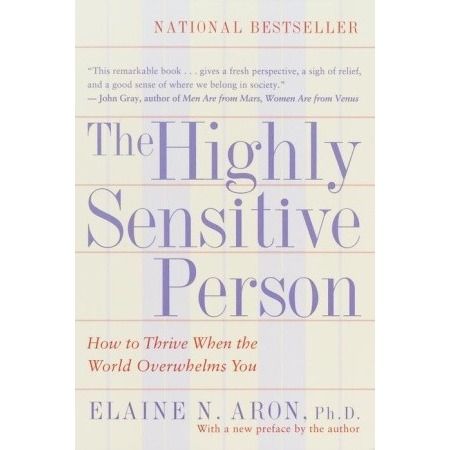
Storytel is an international subscription audiobook service. The Storytel library contains audiobooks from almost all genres, from classics and non-fiction to lectures, stand-ups and podcasts. This is a service that solves the problem of reading. It lets you listen to audiobooks anytime, anywhere: while exercising, preparing meals, commuting to and from work, on the plane, before bed, and whenever you want. Storytel creates and records its own unique content - lecture projects, podcasts, audio series, and also collaborates with the best voices in the country.
A rich inner world and vivid imagination
A wide range of emotions gives rise to various images and associations that can be combined into metaphors, ideas, fantasies and entire worlds. You are probably very inquisitive, prone to constant reflection and searching for answers to questions, therefore you are attentive to the information that you study and to the people with whom you communicate. You may suffer from perfectionism, prone to excessive self-criticism.
When you read a book, watch a movie or a theatrical performance, then most likely the rest of the world ceases to exist for you - now there is only a fictional universe that you sensually explore and to which you vividly react.
Creativity and an existential crisis
Through insight, you may have often thought about the meaninglessness of existence, experienced fear of loneliness, and also annoyance that other people do not want to think about what is really important .
You often get hung up on thoughts about the transience of time and the finiteness of everything that exists, because of this you try to use every moment of life to the maximum, reach creative and career heights. Perhaps you have several hobbies, and you are absolutely not satisfied with the idea of a meaningless life without any goals, aspirations and global desires.
Problems of highly sensitive people
A person who perceives the world vividly through feelings is often considered an emotionally immature person, since his reactions to various events seem excessive and inadequate to the situation. This really happens - for example, when it is necessary to resolve a conflict, and instead a person who is overwhelmed by emotions swears even more and does not want to find a way out of the situation.
This really happens - for example, when it is necessary to resolve a conflict, and instead a person who is overwhelmed by emotions swears even more and does not want to find a way out of the situation.
But why is this happening? By and large, only because until the end of the 20th century, IQ was the only indicator of intelligence and giftedness. However, this coefficient took into account only the abilities of the mind, but did not at all reflect the ability of a person to perceive the world differently - through empathy, the ability to take the place of another, feel the mood of the interlocutor, see his intentions and potential hidden from the eyes of others. Therefore, in society, it was intelligence, analytical and linguistic abilities that became important, and not emotions and creativity.
It was only in the 1980s that scientists began to develop new models of giftedness, and this is how emotional intelligence appeared. Canadian psychologist François Gagne was the first to separate the concepts of giftedness and talent in his book The Differential Model of Giftedness and Talent.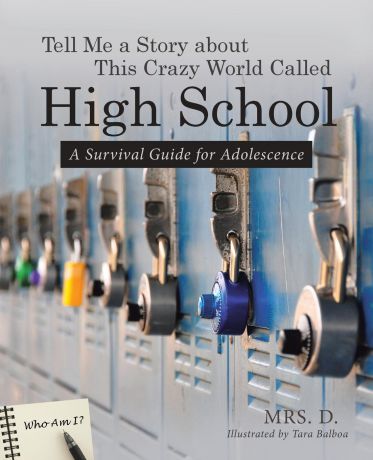 In his opinion, talent is something that develops over time through training and education, and giftedness is an innate ability, a predisposition to a certain activity. He divided abilities into five categories: intellectual, creative, socio-emotional, sensorimotor and others (psychic abilities are included here, but there may be many questions about them). Only along with this division came the understanding that giftedness is not only intellectual, and a person who does not have sufficient analytical abilities should not be considered stupid or mediocre.
In his opinion, talent is something that develops over time through training and education, and giftedness is an innate ability, a predisposition to a certain activity. He divided abilities into five categories: intellectual, creative, socio-emotional, sensorimotor and others (psychic abilities are included here, but there may be many questions about them). Only along with this division came the understanding that giftedness is not only intellectual, and a person who does not have sufficient analytical abilities should not be considered stupid or mediocre.
Around the same time as Gagne, the American psychologist Howard Gardner developed the concept of multiple intelligences, which included, for example, social intelligence - how we build relationships with others - and intrapersonal intelligence - how we perceive ourselves and how inclined to self-reflection.
Despite all the achievements in the field of psychology and the active popularization of emotional intelligence, not every person realizes how important emotions are. It is customary to develop intellect in children, but no one tells them how to perceive the world through the "wisdom of the heart." That is why especially sensitive, gifted children do not receive proper support, stop showing their emotions and, as a result, face a huge number of problems in adult life that result in conflicts, impulsive decisions and the inability to understand themselves and others.
It is customary to develop intellect in children, but no one tells them how to perceive the world through the "wisdom of the heart." That is why especially sensitive, gifted children do not receive proper support, stop showing their emotions and, as a result, face a huge number of problems in adult life that result in conflicts, impulsive decisions and the inability to understand themselves and others.
Storytel is an international subscription audiobook service. The Storytel library contains audiobooks from almost all genres, from classics and non-fiction to lectures, stand-ups and podcasts. This is a service that solves the problem of reading. It lets you listen to audiobooks anytime, anywhere: while exercising, preparing meals, commuting to and from work, on the plane, before bed, and whenever you want. Storytel creates and records its own unique content - lecture projects, podcasts, audio series, and also collaborates with the best voices in the country.
How to deal with it
Truth Time Exercise
If you realize that you are experiencing a lot of emotions and cannot manage them, you are very likely to be trapped in prejudices, old traumas and beliefs that do not allow you to realize all your potential.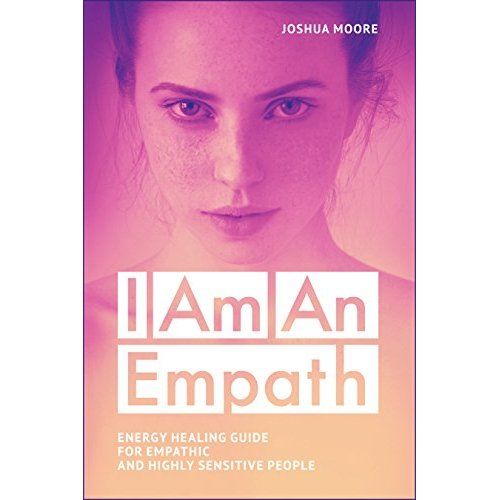 The purpose of the exercise is to refer to unpleasant past events—for example, family experiences or embarrassing situations in society, among friends, or at work—in which you came to the conclusion that your emotions are wrong, and to understand why you think that sensitivity only bothers you. Here's what you need to do:
The purpose of the exercise is to refer to unpleasant past events—for example, family experiences or embarrassing situations in society, among friends, or at work—in which you came to the conclusion that your emotions are wrong, and to understand why you think that sensitivity only bothers you. Here's what you need to do:
-
Take a diary and remember as many painful events from the past as possible. Do you have a tendency to minimize negative feelings? Or, for example, try to separate from your experiences, as if you do not want them to be yours?
-
Be honest with yourself and remember your childhood. How did your parents react to your sensitivity? Did they support her or, on the contrary, tried to suppress her? Did you receive support when you were sad, and if so, from whom? Could you experience your emotions with loved ones, or did you have to do it alone?
-
As you remember, pay attention to how your body reacts. Does your heart rate increase when you think about certain situations? Maybe your jaw or shoulders are tense? Emotions tend to show up outwardly, so pay attention to your body's signals.
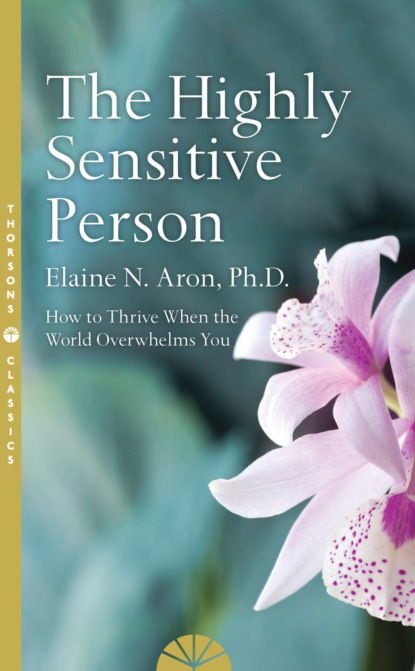
In the process of this exercise, if you dig deep, it may become clear why you cannot accept and acknowledge your high sensitivity and, as a result, make it work for you.
Feel the events of the past
Some traumas from early childhood or just in the past can still cause negative feelings in us, such as sadness, anger, sadness or disappointment. It's okay to experience them, but if the events still seem painful, then you haven't let them go yet. So allow yourself to relive all the emotions, even though it may be unpleasant.
Think of all situations that make you feel sad, toxic envy, anger, or any other negative emotion. Try to feel it all over again, allow yourself to react exactly as you would react if you didn’t forbid yourself to freely express your feelings, even the most unpleasant and negative ones. As in the previous exercise, pay attention to the reaction of the body: is there a lump in your throat, are your cheekbones tense, do you feel like crying? And if so, then allow yourself to feel it all.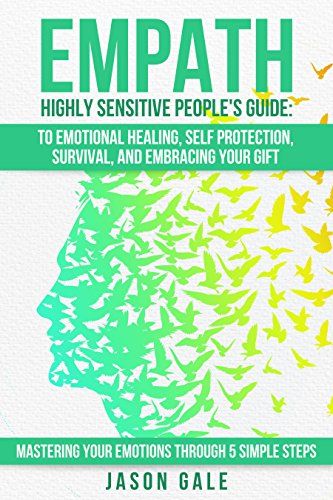 Re-living emotions is like a way of healing and clearing out what has been bothering you for a long time. When you fully experience everything, it will be easier for you to let go of events and move on.
Re-living emotions is like a way of healing and clearing out what has been bothering you for a long time. When you fully experience everything, it will be easier for you to let go of events and move on.
Exercise "Mental rehearsal"
When we are nervous, anticipating not the most pleasant or just exciting event, we begin to activate our defense mechanisms in advance so that the situation does not turn into a disaster for us. However, by winding ourselves up, we only make things worse, while the event may well turn out to be not as terrible as it seemed at first. To avoid wrong reactions, do the following:
-
Imagine an event that triggers your anxiety. Consider it in detail, but not from the point of view of a passive observer, but as an active participant.
-
Imagine all the possible scenarios in which this event could develop. Will people say things that will make you sad? Or maybe pissed off? Imagine everything that can provoke a strong emotional reaction in you - from the smallest troubles to the biggest.

Learn more

